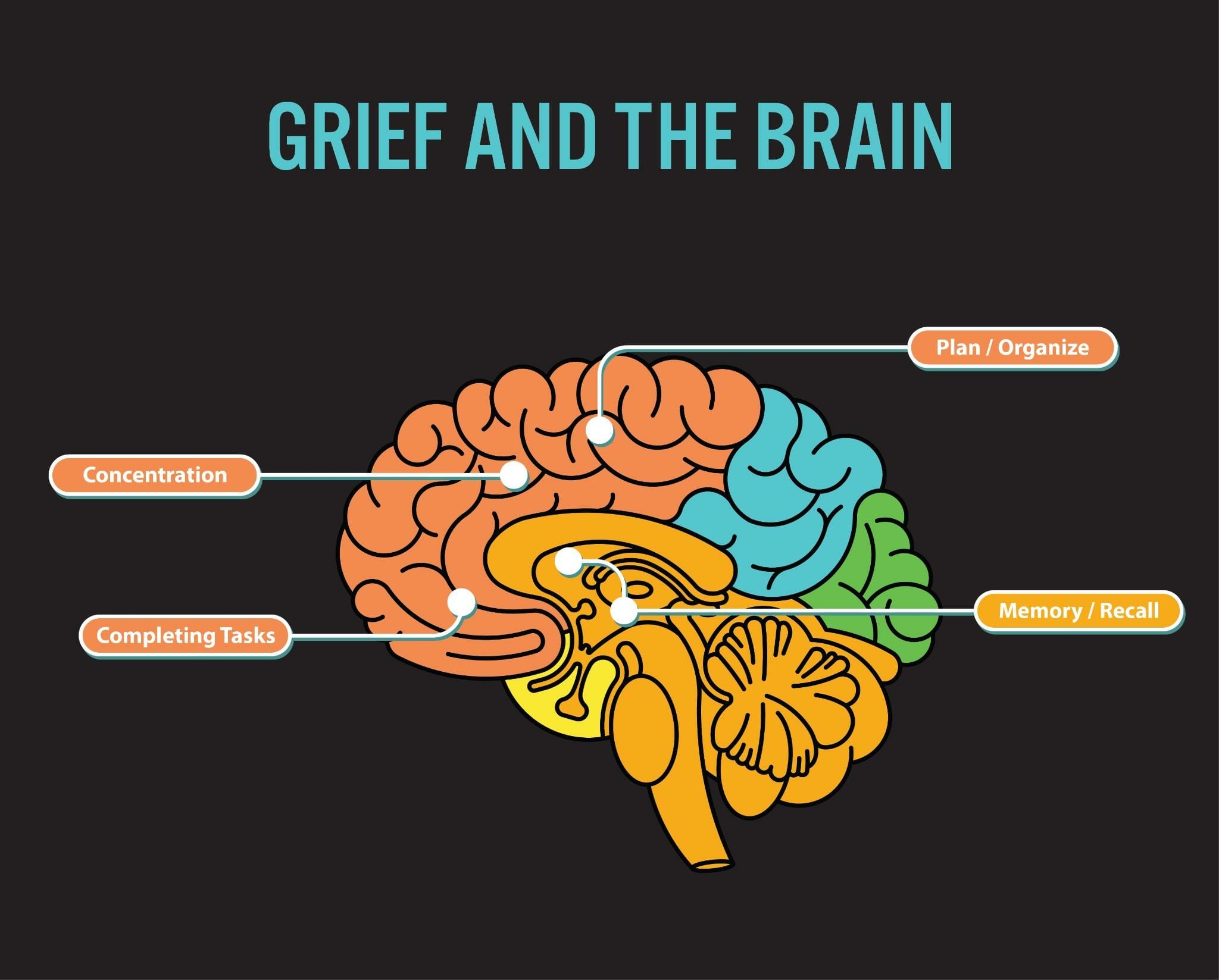Grief is more than just an emotional experience—it’s a full-body response that deeply impacts the brain. Whether it's the sudden loss of a loved one, an undiscovered death, or a traumatic event, understanding how grief affects the brain can help make sense of the intense emotions and mental changes you may be experiencing.
At Bio-One Oceanside, we often work with families during some of life’s most painful moments. We believe that knowledge and compassion are key to healing, so let’s explore what grief actually does to the brain—and what you can do about it.
1. Grief Triggers the Brain’s Stress Response
When we lose someone close to us, the brain reacts as if it’s under threat. It floods the body with stress hormones like cortisol, activating the fight-or-flight response. This can lead to:
- Racing heart
- Sleep disturbances
- Appetite changes
- Fatigue or exhaustion
This state of high alert can persist for weeks or even months, especially in cases of traumatic loss.
2. The Prefrontal Cortex Becomes Overwhelmed
The prefrontal cortex—the part of the brain responsible for decision-making, concentration, and emotional regulation—often becomes overloaded during grief. This is why people in mourning may struggle to:
- Focus or remember things
- Make decisions
- Control mood swings or emotional outbursts
Grief doesn’t just hurt—it can temporarily rewire your brain’s ability to function clearly.

3. The Limbic System and Emotional Memory
The amygdala, a key part of the limbic system, becomes highly active during grief. This region processes emotions and emotional memories, which is why certain smells, songs, or places can suddenly trigger overwhelming sadness or anxiety.
This is also why grief can sometimes feel unpredictable—it’s tied to both the past and present, replaying emotional memories that the brain struggles to make sense of.
4. Chronic Grief Can Reshape the Brain
In prolonged or complicated grief, brain imaging studies have shown that the neural pathways related to pain and emotional attachment may stay active long after the loss. This can lead to:
- Depression
- Anxiety disorders
- Sleep disorders
- Physical pain or immune suppression
These are not signs of weakness—they’re real, biological responses to grief.
5. Healing the Brain Through Support and Self-Care
While grief affects the brain in profound ways, healing is absolutely possible. Just like physical wounds, the brain can recover—especially with the right support. Helpful tools include:
- Counseling or grief therapy
- Support groups
- Mindfulness and meditation
- Physical activity and rest
- Journaling or creative expression
It’s also important to give yourself time. There is no timeline for grief. If you feel like you've changed after a tragedy in your life, you may be right. Coping can be difficult, but there are resources to help you. Click here to find coping resources.
Final Thoughts
Understanding how grief affects the brain can help you or someone you love approach loss with greater compassion and patience. Whether you're grieving due to an expected passing or a traumatic event like an undiscovered death, remember: what you’re feeling is valid—and you’re not alone.
At Bio-One Oceanside, we support families not just with professional cleanup services, but with resources that honor the emotional journey as well. If you need help, we’re here 24/7 to offer support, understanding, and care.
If you know of someone in need of our services, please take a look at our locations to find the nearest Bio-One office near you. Stay safe!


